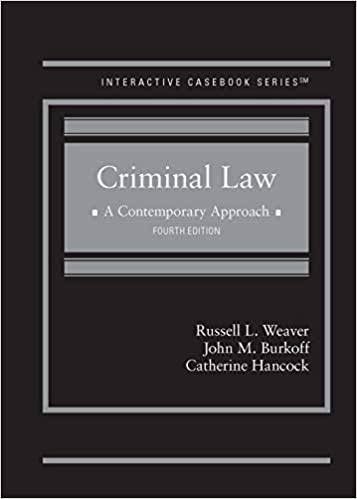IIll Classic Case 5.1 Coca-cola Co. v. Koke Co. of America Supreme Court of the United States, 254 U.S. 143, 41 S.Ct. 113, 65 L.Ed. 189 (1920). Facts John Pemberton, an Atlanta pharmacist, Issue Did the marketing of products called Koke invented a caramel-colored, carbonated soft drink Coca Cola and Dope by the Koke Company of America and other in 1886. His bookkeeper, Frank Robinson, named the firms constitute an infringement on Coca-Cola's beverage Coca-cola after two of the ingredients, trademark? coca leaves and kola nuts. Asa Candler bought the Coca-Cola Company in 1891 and made the soft drink Decision Yes for Koke, but no for Dope. The @ Rob Wilson/Shutter Stock.com available throughout the United States and in parts of United States Supreme Court enjoined the compet- Canada and Mexico. Candler continued to sell Coke ing beverage companies from calling their products aggressively and to open up new markets in Europe Koke but not from calling their products Dope. and elsewhere, attracting numerous competitors, How is Coca-cola Reason The Court noted that before 1900 the protected? some of whom tried to capitalize directly on the Coca-cola beverage had contained a small amount Coke name. of cocaine. This ingredient had been deleted from The Coca-cola Company brought an action in a federal district the formula by 1906 at the latest, however, and the Coca-cola court to enjoin (prevent) other beverage companies from using Company had advertised to the public that no cocaine was present the names Koke and Dope for their products. The defendants con- in its drink. The court emphasized that Coca-cola was a widely tended that the Coca-cola trademark was a fraudulent represen- popular drink "to be had at almost any soda fountain." Because tation and that Coca-Cola was therefore not entitled to any help of the public's widespread familiarity with Coca-Cola, the retention of from the courts. By using the Coca-cola name, the defendants the name (referring to coca leaves and kola nuts) was not mis- alleged, the Coca-cola Company represented that the beverage leading: "Coca-cola probably means to most persons the plaintiff's contained cocaine (from coca leaves). The district court granted familiar product to be had everywhere rather than a compound of the injunction, but the federal appellate court reversed. The Coca- particular substances." The name Coke was found to be so common Cola Company appealed to the United States Supreme Court. a term for the trademarked product Coca-cola that the defendants







